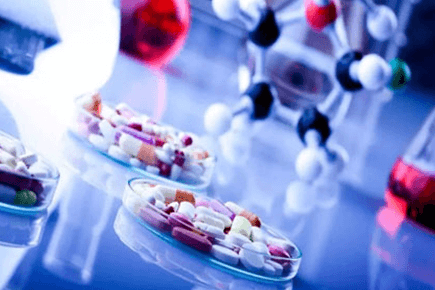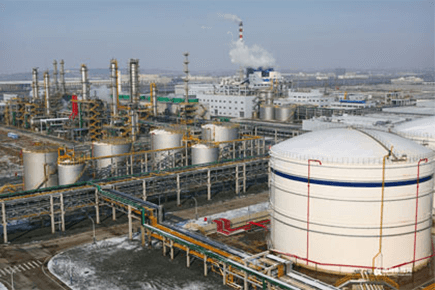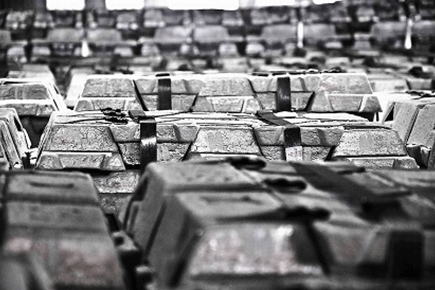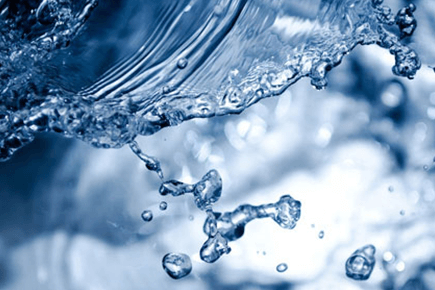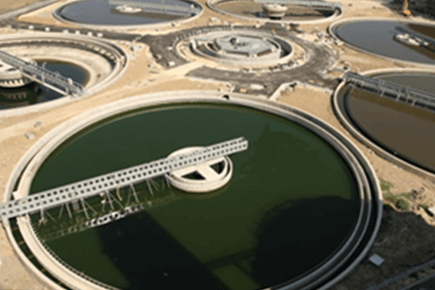SEPLITE® CT105

Normally, the maximum working temperature of catalyst resin is 120℃,while the temperature in some reactions such as: butane hydration, propylene hydration and esterification reaction is up to 150-160 ℃;
To meet the market demand, Sunresin has developed a high-temperature resistant catalyst. This polymeric catalyst has reached a worldwide advanced level with its features of high catalytic activity, excellent high temperature performance, good selectivity, easy separation, non-pollution, convenient operation, continuous production, etc., which can replace the concentrated sulfuric acid to be widely used in organic reactions under various condition.
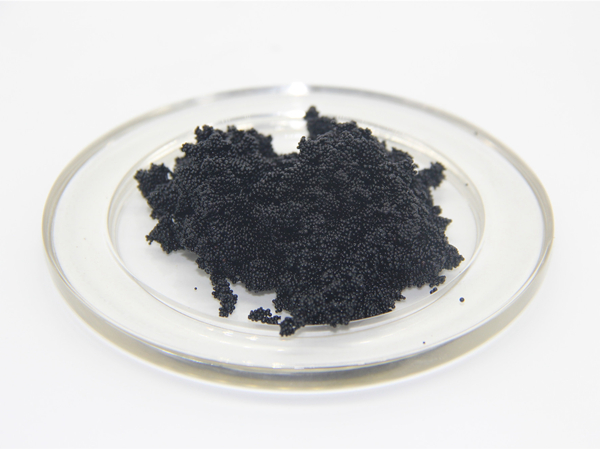
SEPLITE® CT105 Polymeric Solid Acid Catalyst Key features and benefits:
-
High catalytic activity
-
Excellent high temperature performance
-
Good selectivity, easy separation, non-pollution, convenient operation, continuous production.
SEPLITE® CT105 Polymeric Solid Acid Catalyst Physical and Chemical Characteristics:
| Ionic form | H+ |
| Functional group | Sulfonic acid |
| Matrix | Crosslinked polystyrene |
| Physical appearance | Dark brown opaque beads |
| Total capacity mmol/L | ≥1.10 |
| water content % | 50-56 |
| Shipping weight g/ml | 0.75-0.87 |
| Density g/ml | 1.19-1.31 |
| Particle size mm | 0.45-1.25 |
| Normal working temperature ℃ | 100-180 |
SEPLITE® CT105 Polymeric Solid Acid Catalyst Applications:
-
SEPLITE® CT 105 strong acid resin catalyst is pre-treated before shipment, which is ready to use.
-
The metal ions and alkaline nitrogen have bad impact on the catalyst activity, which should be controlled below 2ppm; otherwise, they should be treated by ion exchanging firstly.
SEPLITE® CT105 Polymeric Solid Acid Catalyst Precautions:
Resins should be stored in sealed containers or bags where temperature was above 0℃nbsp;in dry conditions without exposure to direct sunlight.
Do not mix ion exchange resin with strong oxidizing agents; otherwise it will cause violent reactions.
In case of eyes contact with resins, rinse eyes immediately with plenty of water, and consult a specialist. Material and samples must be disposed according to local regulations.
Dry polymers will expand when become wetted and may cause an exothermic reaction. Spilled materials may be slippery.
SEPLITE® and Monojet™ are registered trademarks of Sunresin New Materials Co. Ltd., Xi`an
-
This information is general information and may differ from that based on actual conditions. For more information about SEPLITE® resins, please contact SUNRESIN® directly.




